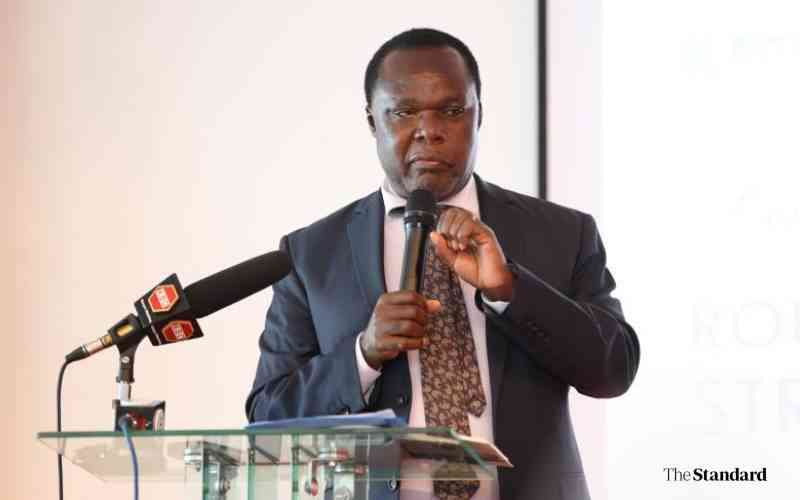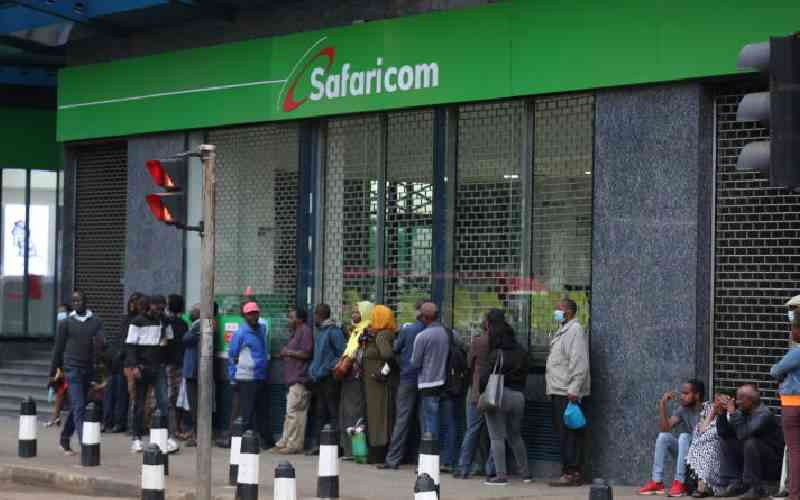×
The Standard e-Paper
Kenya's Bold Newspaper

More Kenyans continue to voice their opposition to the proposed Finance Bill 2024, with many terming the tax proposals as punitive and retrogressive.
On the final day of submissions and public hearings in Nairobi that was characterised by heckling and criticism, Kenyans asked the Committee on Finance and Planning to have the Parliament amend or wholly discard the proposed Bill.

